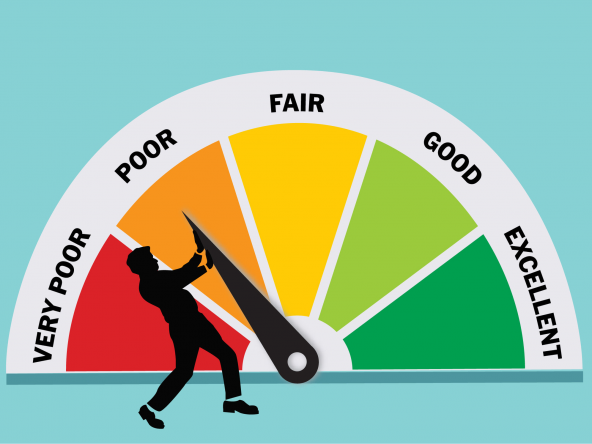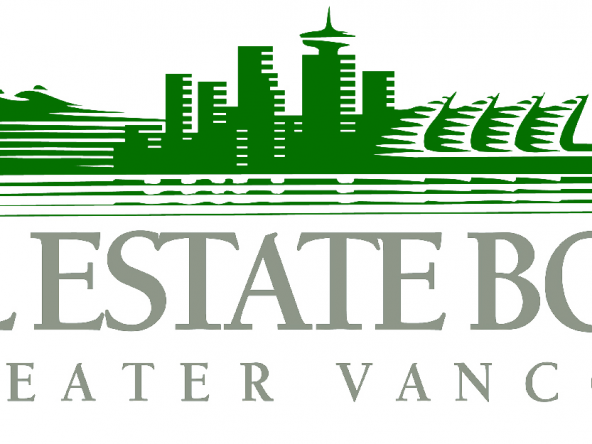In the exciting world of real estate, there are different types of sales that we need to be aware of. From traditional sales, auctions, and distressed sales, we must know how each transaction works. Now, when it comes to distressed sales, we’re talking about properties that are being sold due to financial or legal issues. It can be foreclosures, power of sale, and court-ordered sales – all of which require a different set of skills to navigate. Today, I’ll be sharing with you some insights on distressed properties for sale in the beautiful province of British Columbia (BC). So, sit back, relax, and let’s dive into the world of real estate!
What is Power of Sale Properties in BC?
Power of sale is a legal process that allows a lender to sell a property without court supervision and initiate the sale process. This occurs when the homeowner is in default of their mortgage payments, and the lender has the legal right to sell the property to recover the debt owed. It is typically included as a clause in the mortgage agreement signed by the borrower. If there are any surplus funds left after the mortgage is paid off, they are returned to the borrower.
Power of Sale clauses are typically found in mortgages issued by private lenders, alternative or non-bank lenders, and B-lenders. These types of lenders often specialize in providing loans to borrowers who may not qualify for traditional bank financing, such as those with poor credit, high debt-to-income ratios, or limited income or assets.
What is a Court Ordered Sale in BC? The difference with foreclosure?
A judicial sale (court ordered sale) is a legal process in which a court orders the sale of a property to settle a debt or legal dispute. This can occur when a homeowner is unable to pay their mortgage, property taxes, or other debts. The lender takes legal action (not ownership) to sell the property. If the property is sold for less than the outstanding debts, the homeowner may still owe the lender the difference, known as a deficiency judgment.
In foreclosures lender takes possession of the property (the title of the property) and sells it to recover the outstanding debt. So, as the result, any excess proceeds from the sale of the property above the amount owed to the lender, including interest and costs, will not be paid to the homeowner.
The decision to pursue a Court Ordered Sale or Foreclosure in British Columbia is typically made by the lender. The lender will assess the situation and determine the appropriate course of action based on the terms of the mortgage agreement, the amount owed, and the homeowner’s ability to catch up on missed payments.
If the lender decides to pursue a Court Ordered Sale, they will typically file a Petition for Foreclosure with the Supreme Court of British Columbia. The court will review the petition and, if approved, issue an Order for Conduct of Sale, which authorizes the lender to sell the property through a court ordered sale.
If the lender decides to pursue a foreclosure, they will initiate the process by issuing a Notice of Default and following some steps. The foreclosure process is a legal proceeding that involves the court system, and the court ultimately decides whether to allow the foreclosure to proceed and issue an order for sale.
Do Court Orders Expire in BC?
Court orders do not expire in BC, but there are time limits for enforcing them. For example, there is a limitation period of two years to enforce a court order for payment of money.
How Long Does a Foreclosure Take in BC?
The foreclosure process in BC can take anywhere from six months to two years, depending on the complexity of the case and the backlog of the court system. The process involves several legal steps, including notice of default, petition to court, and redemption period. Keep reading to find out more about the following steps.
How to Buy a Foreclosed Home in BC?
In British Columbia, before a property goes into foreclosure or judicial sale, several steps are typically involved. Here are the most common steps in the process:
- Notice of Default: If the homeowner defaults on their mortgage payments, the lender will issue a Notice of Default, which outlines the amount owed, the missed payments, and the consequences of failing to bring the mortgage current.
- Demand Letter: If the homeowner fails to make the missed payments within a specified time frame, the lender will issue a demand letter. This letter demands full payment of the mortgage debt, including all interest and costs, and typically gives the homeowner a short amount of time to respond.
- Petition for Foreclosure: If the homeowner fails to respond to the demand letter or is unable to make the missed payments, the lender may file a Petition for Foreclosure with the Supreme Court of British Columbia. This legal document initiates the foreclosure process and requests that the court grant an order for sale.
- Order for Conduct of Sale: If the court approves the Petition for Foreclosure, it will issue an Order for Conduct of Sale, which allows the lender to sell the property through a court ordered sale.
- Notice of Sale: The lender will then issue a Notice of Sale, which provides details about the date, time, and location of the sale.
- Sale: Finally, the property will be sold at a public auction to the highest bidder.
Buying a foreclosure in BC can be a lucrative investment opportunity, but it comes with its own set of risks and challenges. Here are some tips to keep in mind:
Research: Research the property thoroughly, including its market value, any liens or encumbrances, and the condition of the property.
Financing: Ensure that you have the necessary financing to purchase the property. Foreclosed properties may require a higher down payment and may not be eligible for traditional mortgages.
Inspection: Inspect the property thoroughly before making an offer. Foreclosed homes are sold as-is, so be prepared to deal with any necessary repairs or renovations.
Bidding: If the property is being sold at a public auction, arrive early, and bid within your budget.



